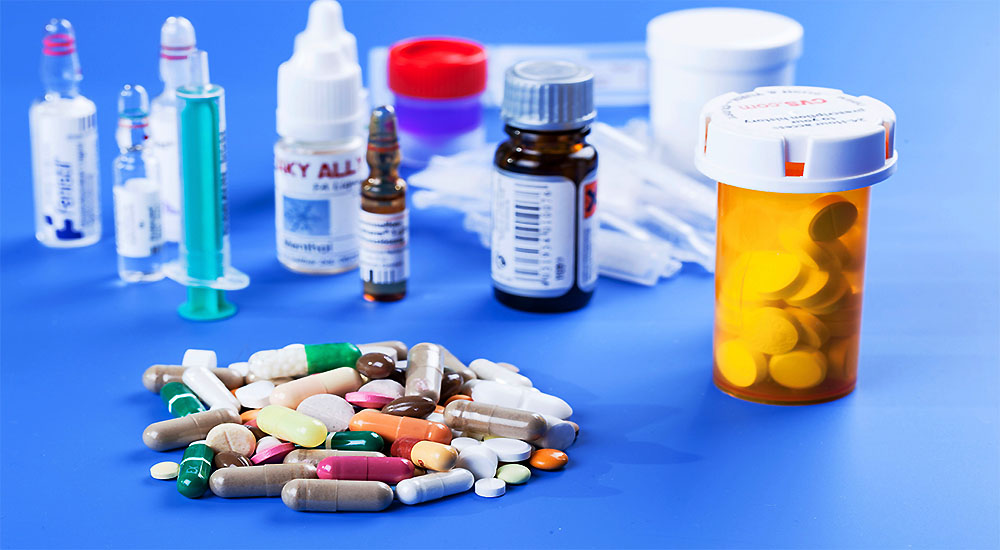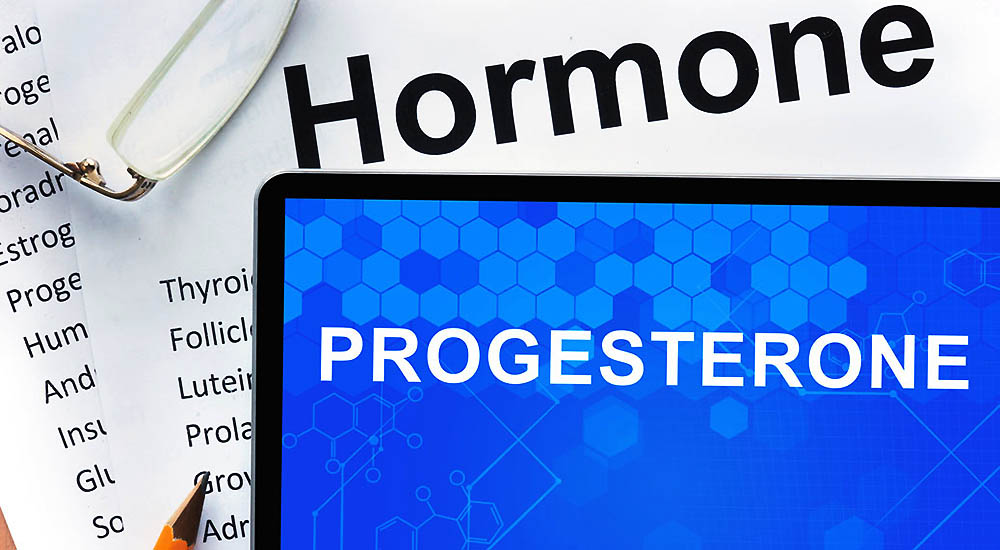Gluten Intolerant? How to Know if a Drug is Gluten-free

How Do You Know if Your Medications/ Antibiotics are Gluten-Free?
I don’t generally like to write about issues for which there is not a ready solution, but this is an issue that you should be aware of as it could create health complications that are mostly avoidable.
While none of us like to take medications, sometimes it’s unavoidable and the plus-side of the drug outweighs the potential side effects… usually.
But what if you suffer from gluten intolerance or celiac disease? If that medication contains gluten, you could be putting your health at great risk while at the same time failing to adequately treat the problem for which you taking the medication.
Here’s a Question from a Patient:
“I would appreciate information on how to determine if an antibiotic or any other medicine is gluten-free? One can ask, however, the response from the pharmacist is usually a blank stare.”
The patient is not exaggerating when she mentions the “blank stare” of the pharmacist. While gluten awareness has dramatically improved the last several years along the food-front, the same growth has not occurred in the pharmaceutical industry. They not only don’t make it easy to discover if medications are gluten-free, they make it nearly impossible in many cases.
What’s the Problem?
There are a few issues that are contributing to the confusion:
1. Excipients or non-active ingredients in medication can contain starch made from gluten-containing grains.
2. Even if the brand name drug is found to be gluten-free, the generic version of the same drug is not required to use the same excipients, and may therefore contain gluten.
3. It is often the information regarding the ingredients contained in the excipients (non-active ingredients) that stump the pharmacist. They know what the active ingredients are but that is insufficient to guarantee a gluten-free drug due to the unknown excipient issue.
4. For those with a high sensitivity to any amount of gluten, even those products guaranteed to not contain gluten are sometimes produced in a facility that utilizes gluten-containing products making cross-contamination a real issue. In these cases, you may see a company stating that “gluten is not expected to be present” in the product. Once again, small comfort to a highly sensitive individual such as a person suffering from celiac disease.
For many patients, consuming a medication that contains certain allergens will not only create other health problems but, in the case of gluten, will prevent the absorption of the active ingredient of the drug itself.
This is serious because not only will the patient’s problem for which they are taking the medication not improve, but the “gluten reaction” may very well be mistaken for a new condition for which they are treated incorrectly with yet another medication!
While we wish it wasn’t so, gluten intolerance is frequently misdiagnosed as a host of other problems for which medications are given. From IBS to depression and from migraines to rashes, the root cause is often gluten and the need for a gluten-free diet, not another drug.
Here Are Some Solutions
While we try to avoid medications as much as possible here at Root Cause Medical Clinic, sometimes they are needed. The following are some tips on how best to ensure that you don’t have the unfortunate experience of taking medication with gluten in it if you’re gluten-sensitive.
1. Here at Root Cause Medical Clinic, we know several compounding pharmacies that know their products well. They are willing to investigate for the presence of allergens and, as they typically make the product themselves, are well versed in the ingredients.
The downside of this is sometimes a higher cost but likely well worth it if you fit into the above category.
The other solution, while a bit longer to achieve but well worth the effort, is to no longer require the medication because the root cause of the problem has been diagnosed and eradicated. While this isn’t always possible, we certainly find it to be so a vast amount of the time. Taking patients off of medications that they no longer require is always a happy moment for us.
2. Make sure that you remind your pharmacist every time you are about to pick up a medication that you MUST avoid gluten.
3. Ask your doctor for an alternative medication, if possible, just in case the first choice does contain gluten.
4. If the pharmacist isn’t able to get you the information you require to guarantee that the medication is gluten-free, don’t be shy. Call the company that makes the drug and ask for the pharmacist in the medical affairs department. They should be able to provide the data you require.
5. Contrast material that you may need to drink for a diagnostic test may also contain gluten. Call ahead before your test to ensure that they offer a gluten-free alternative.
6. Lastly, while it isn’t a medication, it is also important to let your dental hygienist know that you are gluten-free. The polishing paste that they use when cleaning your teeth often contains gluten but is available without.
If gluten intolerance or celiac disease is a problem for you; this data is vital to know. I hope this helps. Please let me know what other questions you have. We are here to help and do see patients from across the country as well as internationally at our Destination Clinic.
Do you need help with your health?
We have the diagnostic and testing tools, the clinical experience, and a different medical approach to discovering the root cause of why you have the symptoms that are bothering you. As long as you are ready to make some dietary and lifestyle changes, we can help you. We will "hold your hand" through the changes, step by step, to make each step an easy one. We are located in Clearwater, FL, at 1000 S Ft Harrison, at the corner of Ft. Harrison Ave. and Magnolia St. There is plenty of parking space directly accessible from Ft Harrison. If it is not convenient for you to come to Root Cause Medical Clinic, we offer telehealth/telemedicine consultations to residents of certain states. Call us for details.
Contact us for a Consultation – Call 727-335-0400

Dr. Vikki Petersen DC. CCN
Founder of Root Cause Medical Clinic
Certified Functional Medicine Practitioner
Dr Vikki Petersen is a public speaker, author of two books, several eBooks and creates cutting edge content for her YouTube community. Dr Vikki is committed to bringing Root Cause Medicine and its unique approach to restoring health naturally to the world.
Ask a Doctor
Have a health concern you'd like to speak with a doctor about? Or just want clarity on a subject? Ask Us!


